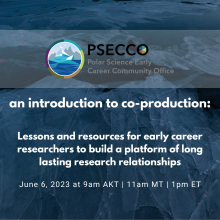Co-production of knowledge in Arctic research brings together multiple ways of knowing and emphasizes equity in research. This discussion panel will provide an introduction to co-production of knowledge with an emphasis on providing tips and resources for early career researchers. Four co-production experts will be asked questions to introduce the concept of co-production, discuss ways in which early career researchers can approach co-production in Arctic research, and share lessons about long-term relationship building. In the last half hour of the panel will be an open Q&A between the panelists and those in attendance.
We'll be hearing from the following panelists:
Julia Christensen
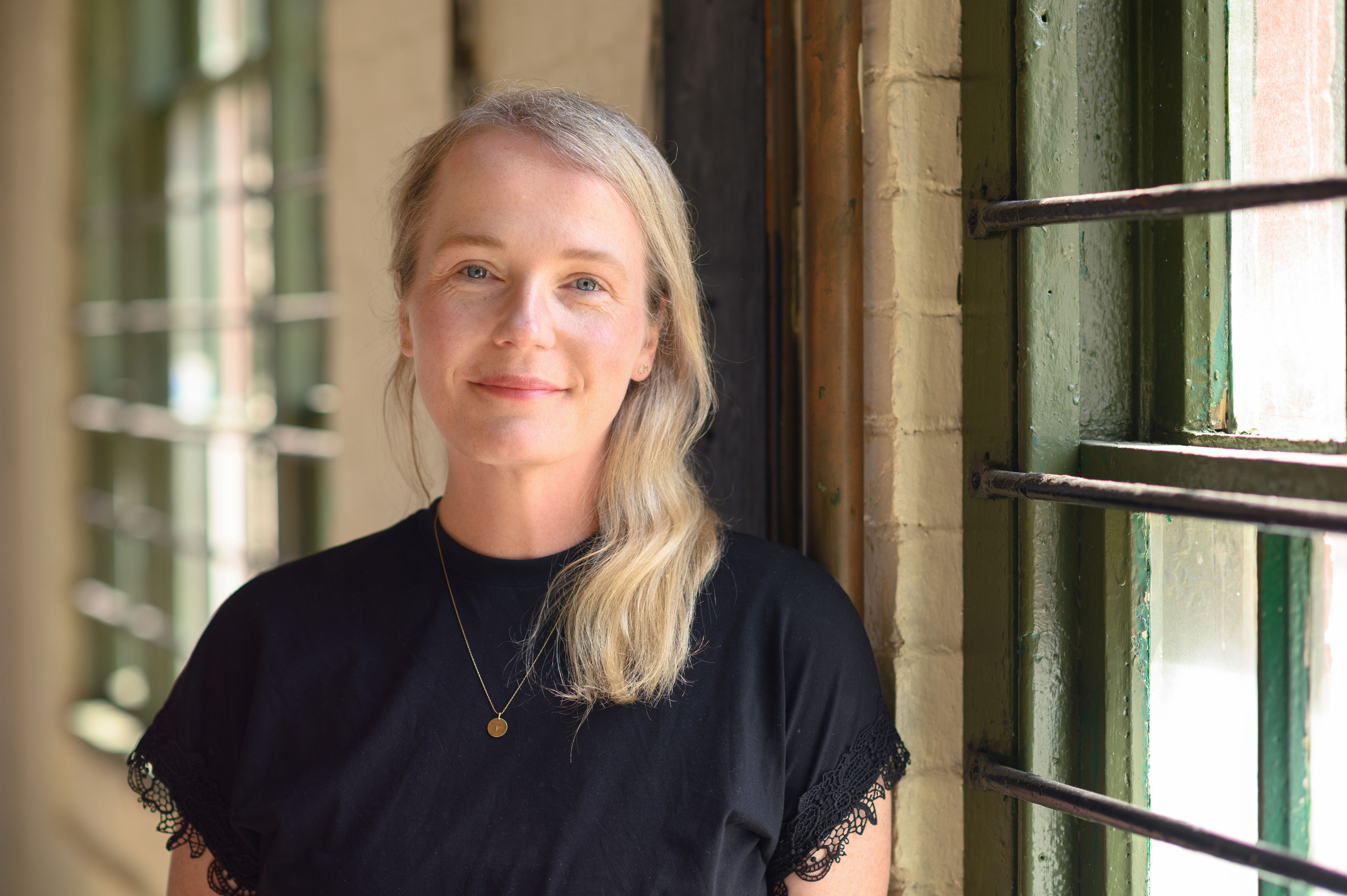
Julia Christensen (she/her) is an Associate Professor in Geography and Planning at Queen's University. She also leads At Home in the North, a research partnership on northern housing and home in partnership with northern and Indigenous communities from across northern Canada. Julia works largely in collaboration with northern and Indigenous research partners and has written extensively on lived experiences of Indigenous home and homelessness, housing insecurity and community-led housing.
Margaret Rudolf
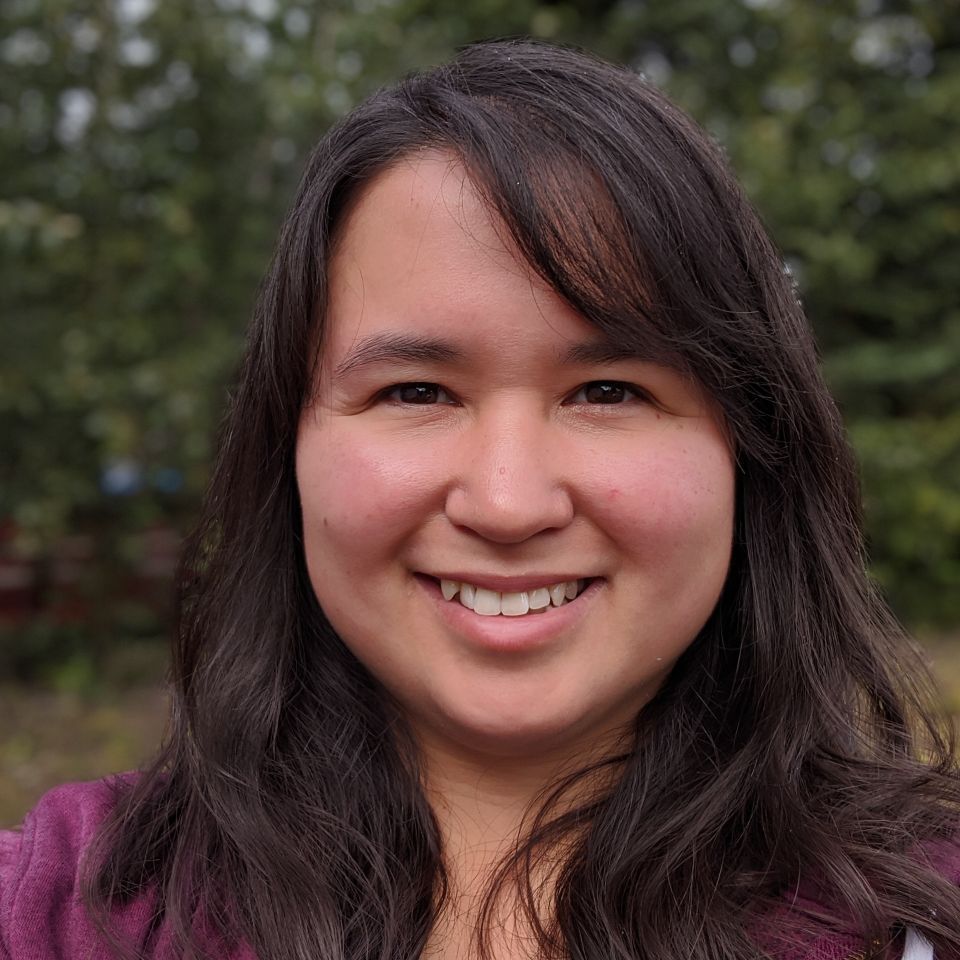
Margaret Rudolf is finishing her interdisciplinary Ph.D. on co-production of knowledge at the University of Alaska Fairbanks. Her research focused on developing a culturally-responsive methodology, perspectives of success, and the roles of boundary spanners.
Noor Johnson
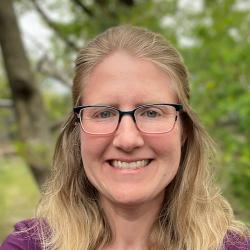
Noor Johnson is a research scientist at NSIDC. At NSIDC, she leads several international networks that support community-driven research on environmental change, Indigeous Knowledge documentation and co-production of knowledge, and food security and sovereignty. As PI and lead for the Exchange for Local Observations and Knowledge of the Arctic (ELOKA), she provides data management and user support to Arctic Indigenous communities and researchers spearheading research projects on environmental change, cultural knowledge transmission, and language preservation. Johnson is part of the leadership team (co-PI and social sciences lead) of the Navigating the New Arctic Community Office (NNA-CO), where she develops programming to support ethical data management and co-production of knowledge approaches within the Arctic research community. Johnson has previously conducted research in northern Canada on environmental knowledge production and mobilization and social and environmental justice issues in contemporary environmental governance. Prior to joining NSIDC, Johnson served as a science policy advisor to the Smithsonian Institution, and has served as a science policy consultant to a number of Indigenous and non-profit organizations.
Stanislav Saas Ksenofontov
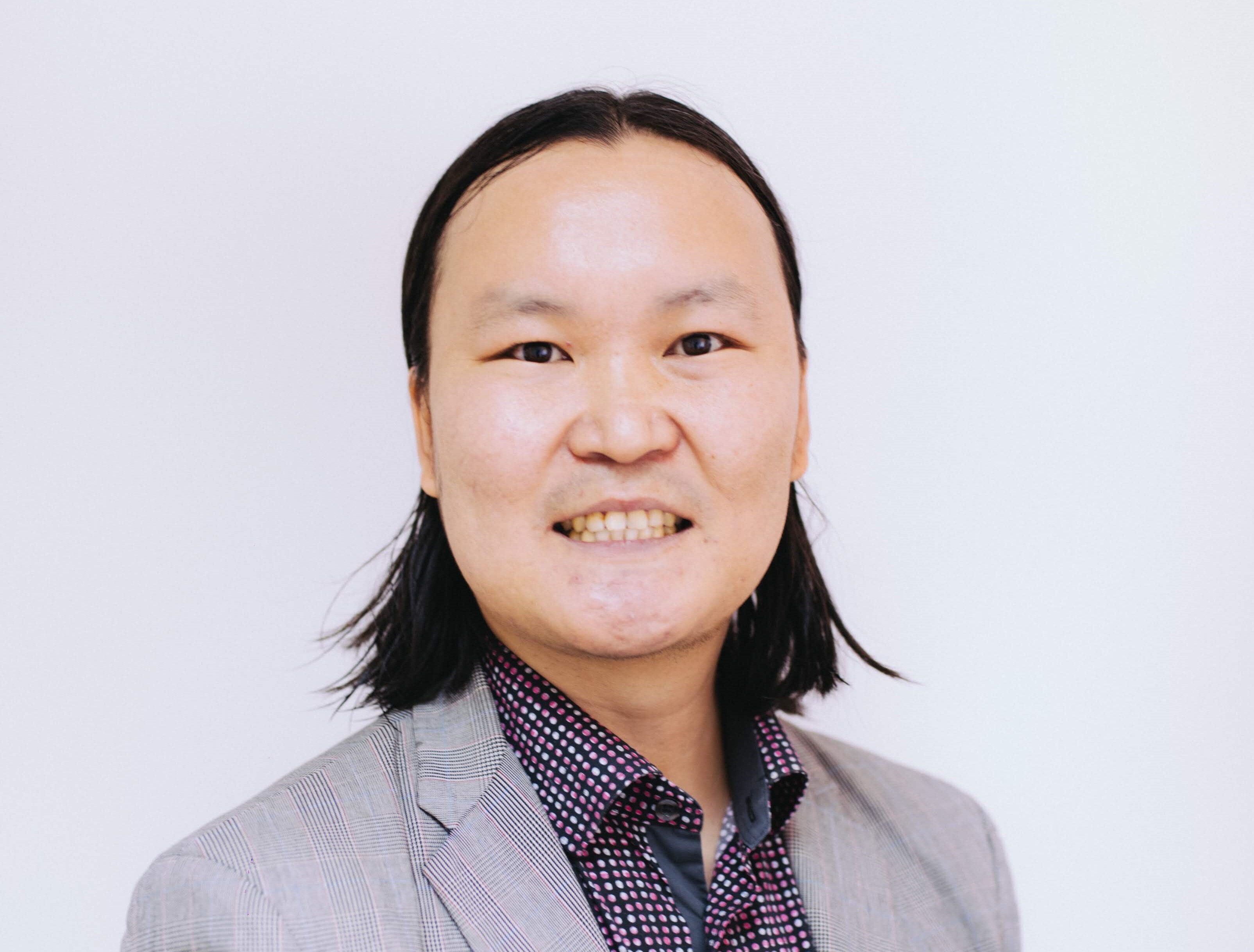
Dr. Stanislav Saas Ksenofontov is an Indigenous Sakha social scientist from the Sakha Republic in Eastern Siberia, Russia. In his research, Stanislav focuses on the vulnerability of Arctic Indigenous social-ecological systems to global change drivers, namely climate change, industrial development, socio-political transformations. Other research interests include Arctic sustainable communities, Arctic urbanization, Indigenous identities, Russian energy megaprojects, Asian stakes in the Arctic. Dr. Ksenofontov holds a Ph.D. in Human Geography from the University of Zurich, Switzerland. Currently, he is a postdoctoral scholar at the ARCTICenter, University of Northern Iowa, USA. Besides research, Stanislav serves as a Fellowship Coordinator at the International Arctic Science Committee (Iceland).
